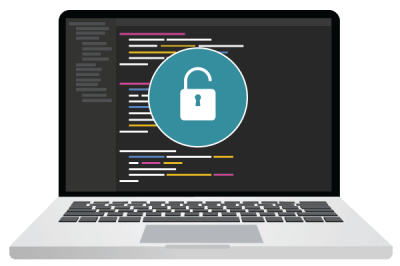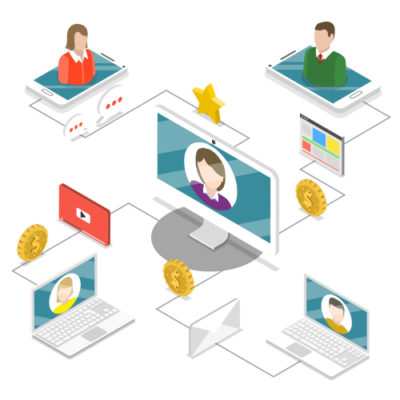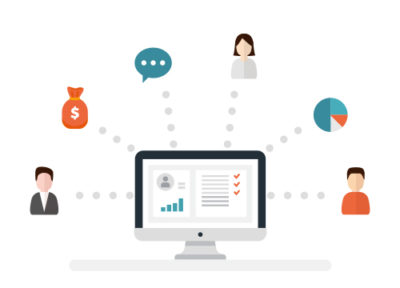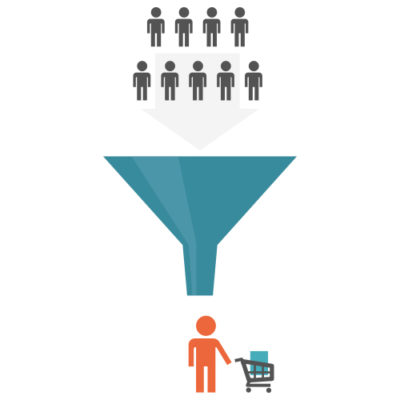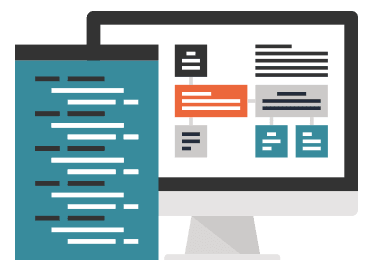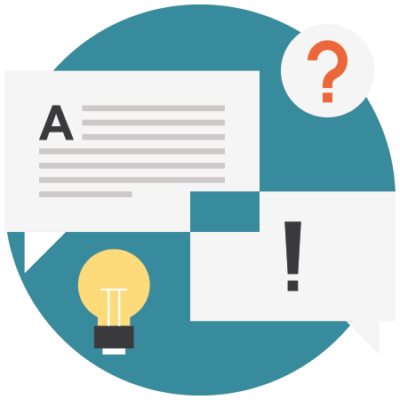Customers are the heart of every business. Whether you specialize in products or services, gathering and nurturing leads is an important part of growing a business. In order to capture the information so that you can refer back to it later, you need a software specifically designed for the purpose.
This is where customer relationship management software comes in. Built to power a business’s contacts, CRMs have become increasingly more sophisticated over the years. Instead of merely holding names, addresses, and phone numbers, today’s CRMs can provide promising leads, remind you to follow up, and even reply intelligently to customer support requests. Add to that a customizable CRM like 1CRM, and you can easily have a solution that serves as the backbone of your daily operations.

